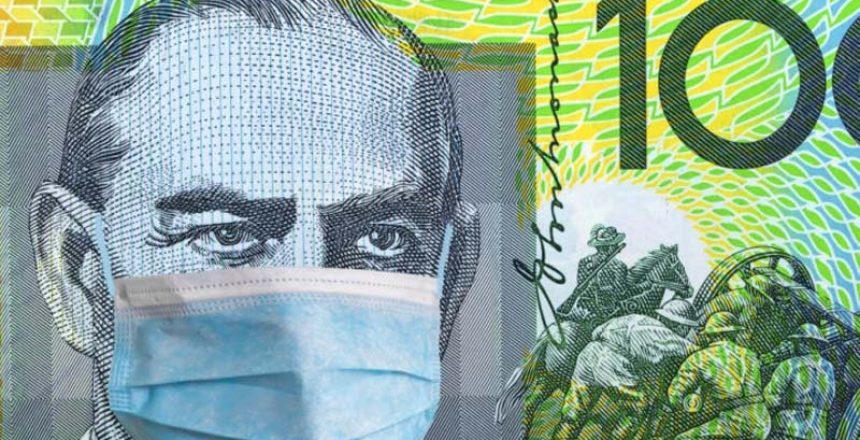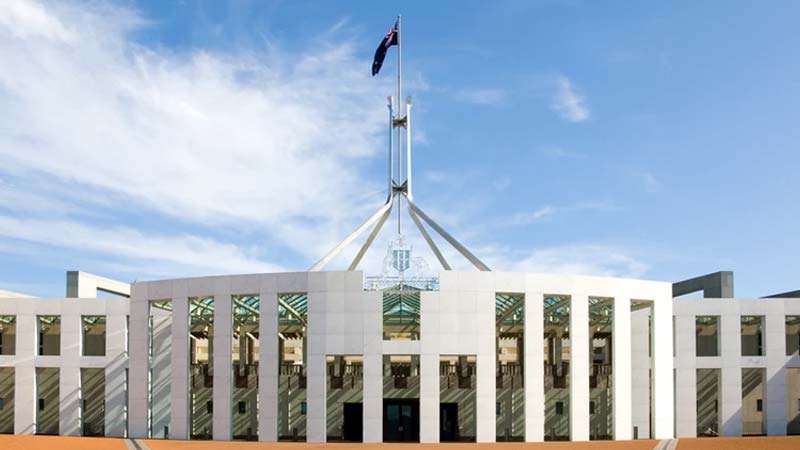The current government narrative has certainly done a quick 180 degree spin. We have gone from “debt and deficit disaster” (which every economist would say was simplistic nonsense) to a record deficit of $213 billion in one term. Debt is soon expected to be more than $1 trillion and forecast to grow until 2031.
Like the saying goes, don’t waste a crisis.
They are correct that the key to stimulating the economy will be to reduce unemployment, support businesses and introduce policy that will provide the greatest number of jobs. So, will the budget do this in the most efficient way?
It depends. If the tax cuts boost spending and stimulate the economy as hoped, it might. But I suspect many people in the current environment will take the opportunity to build up their savings buffer (as people are nervous about unemployment levels and job insecurity) or they will use the extra cash to reduce the very high levels of housing debt. (Or double dip – see below!)
Tax cuts are popular with voters as ‘everyone wins a prize’. And unless there is a vaccine soon and all business returns to normal, I would expect additional support measures to be announced. This will be critical in March when the current Jobkeeper payments are scheduled to be withdrawn.
The tax cuts passed consist of an increase of the 19% threshold from $37k to $45k and the 32.5% threshold from $90k to $120k. So someone earning $120k would get about $2,430 per year reduction in the tax they pay. What can we do with our extra $6.67 per day? Time to double dip.
This $2,430 after tax is worth about $3,600 before tax. You could salary sacrifice $300 pm into super and still have the same after-tax income as you have now. This would be worth about $33k extra in your super over 10 years.
Alternately, the extra $200 pm after-tax increase could be contributed to super and you can then claim a tax deduction for these funds at the end of the financial year.
There are limits so please check with us if it is suitable for your individual situation.




